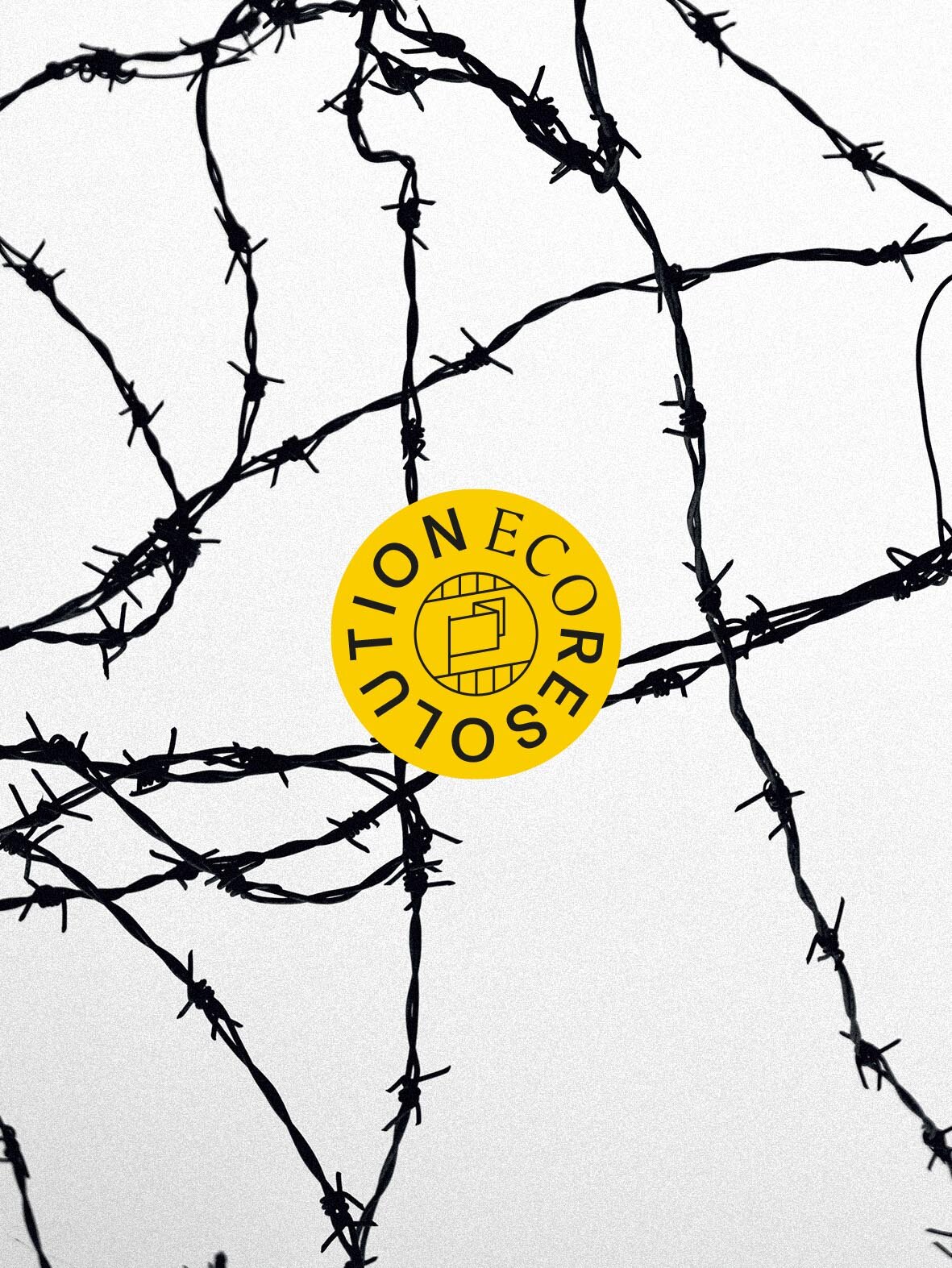Prison System
‘National security’ demands that a country be in a state of constant alert, and always militarily prepared. However, this paranoia naturally propels fears of internal enemies too (meaning those who fall foul of the system). No longer fixed on foreign threats alone, the remit of armed forces seems to grow with their ever-expanding budgets, apparent from the vast prison complexes within supposedly democratic societies.
The militarised mindset upholds outdated modes of ‘justice’ in the form of prison systems, state racism, and the exploitation of marginalised communities – all of which directly profit the same large corporations behind such modes of government. Public institutions ostensibly in place to protect citizens and keep the peace have become paramilitary bodies that do just the opposite, as those sanctioned to patrol our streets with weapons are more ‘attack and dominate’ in effect than ‘protect and serve’. This approach, an aspect of Militarism, is symptomatic of our pervasive conquering culture.
When a ‘tough on crime’ stance is prioritised by governments, it negates all other integral factors that first seed the eventual rebellion. Revolt becomes unavoidable when society places the preservation of a (highly unequal) status quo over justice, of profit far above the people. No surprise then to hear that the instruments of a prejudiced system are deployed as a practical extension of institutionalised racism (not surprising - yet, still disappointing…). State prison systems, in all their largesse, showcase the global class system through the penalisation of poverty and punitive containment (often along racialised lines, following the class system).
Suppressive military actions conducted overseas are mirrored back home, waged through the international War on Drugs that has devastated communities globally over the past forty-odd years, seeing incarceration rates rocket and cementing the United States, for example—that famed ‘land of the free’ and supreme protector of democratic values—as the world’s biggest jailer. And the numbers are stark: as of 2016 in the US, African Americans make up 6.5% of the American population but 40.2% of the prison populace. White males have only a 1 in 17 chance of ending up behind bars, while for black males it is 1 in 3.
Paramilitaristic policing posits force and punishment as the solutions to crime rather than rehabilitation; let alone considering the endemic social problems that underpin instances of disobedience. Our throwaway capitalist culture extends to people now too: citizens are considered disposable, to be removed at will for the good of profit, like all earthly materials. The neo-liberal capitalist and policing models are linked as police are increasingly used to protect capital, business and property (not us). Identifying enemies is foregrounded, while cries of injustice are waved away as illegitimate dissent. Who is and isn’t deemed worthy of state protection seems to align with who does and doesn’t disrupt norms – and the economy.
This model rests upon governments’ authority to push over simplistic narratives and point the finger at drug dealers rather than address unemployment, the healthcare system, addiction, education, social inequality etc. If there is evidence of malpractice in the system, then it’s because these are individual bad actors—corrupt prison officers or violent police officers— rather than the results of an inherent fault. To claim these institutions are organised for anything but violence and suppression of opposition is somewhat contradicted by the fact that, in many nations, ex-military personnel often find post-term employment as prison officers, or simply join the police force. Because what’s the difference, really?
Around the world, the militarisation of daily life under a national security state means the threat of imprisonment is used to discipline citizens (working-class youth in particular), thereby limiting freedoms to engage in critical-thought or democratic opposition. This is why it has become ever more crucial for communities to resist the militaristic ideology and for activists to expose excess paramilitary powers that threaten all other justice movements, as it threatens democracy itself.





